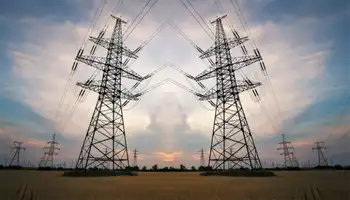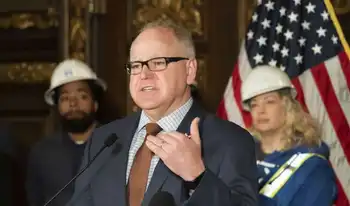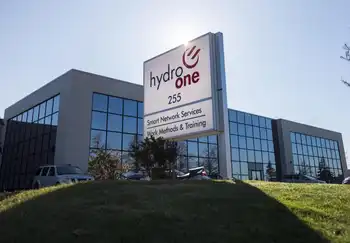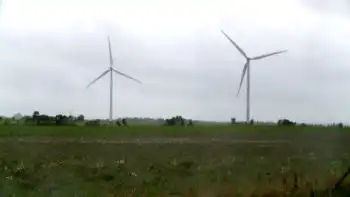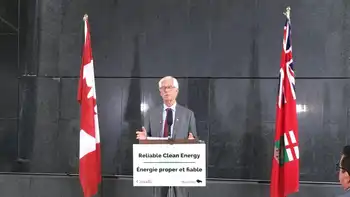Denton couple's solar panels power home, city grid
By Denton Record-Chronicle
Protective Relay Training - Basic
Our customized live online or in‑person group training can be delivered to your staff at your location.

- Live Online
- 12 hours Instructor-led
- Group Training Available
Not all the time, but enough to drastically cut their home energy bill.
The Sophs installed 16 solar panels on the roof of their northeast Denton home last year. Energy from the sun powers their home during the daytime. Any excess power goes onto the city's power grid, and the Sophs' meter arrow turns around.
"We're a power company here," Mrs. Soph said with a laugh.
When the system isn't producing energy, such as at night, the city's electric grid powers the Sophs' 2,200-square-foot home.
Their 2,500-watt system is among the first to hook into the Denton Municipal Electric grid. The couple hopes other people follow suit, as rising energy costs and global-warming concerns have many searching for alternatives to coal- and gas-powered electricity.
"There's no moving parts, and every time the sun comes up, our electricity is delivered," Mr. Soph said.
"It's free delivery," Mrs. Soph added. "The sun is free."
But the solar panels weren't.
They cost $27,000.
That's enough to put off many potential customers, said Jim Duncan, president of North Texas Renewable Energy Inc., which installs solar power systems.
Mr. Duncan said he's getting more calls than ever from people fed up with high electricity rates. But installations have remained flat, he said.
"It's expensive," Mr. Duncan said. "But it is an investment."
That's how the Sophs are looking at it. They paid for the solar panels with money meant for their retirement.
"Since we're going to retire here, it's going to pay off, and if we were to sell the house, we wouldn't lose any money on it," said Mrs. Soph, a community volunteer. "I just looked at those two things. By multiplying this [savings] out, it's better than if I invested this in a CD."
They got the idea from watching a home improvement show featuring the makeover of a 1940s-era Austin home into a modern "green" abode, complete with solar panels.
The idea intrigued the Sophs, founding members of local environmental watchdog group Citizens for Healthy Growth. They called a person featured on the show, who put them in touch with Mr. Duncan.
The system generates more than half of the Sophs' electricity. From February through April, their electric bills were about $370 lower than the same period last year. They credit the solar panels along with other efforts to reduce their use of electricity, including switching to low-energy light bulbs and installing a timer on their water heater.
When residents install solar panels, it only benefits the city, said Lisa Lemons, a spokeswoman for Denton Municipal Electric.
"Any excess energy these PV [photovoltaic] systems generate means that much less that DME buys from fossil fuel sources," Ms. Lemons said in an e-mail.
Unlike some cities, though, Denton doesn't offer financial incentives for installing the systems. Ms. Lemons said an incentives program is under review for fiscal 2009.





